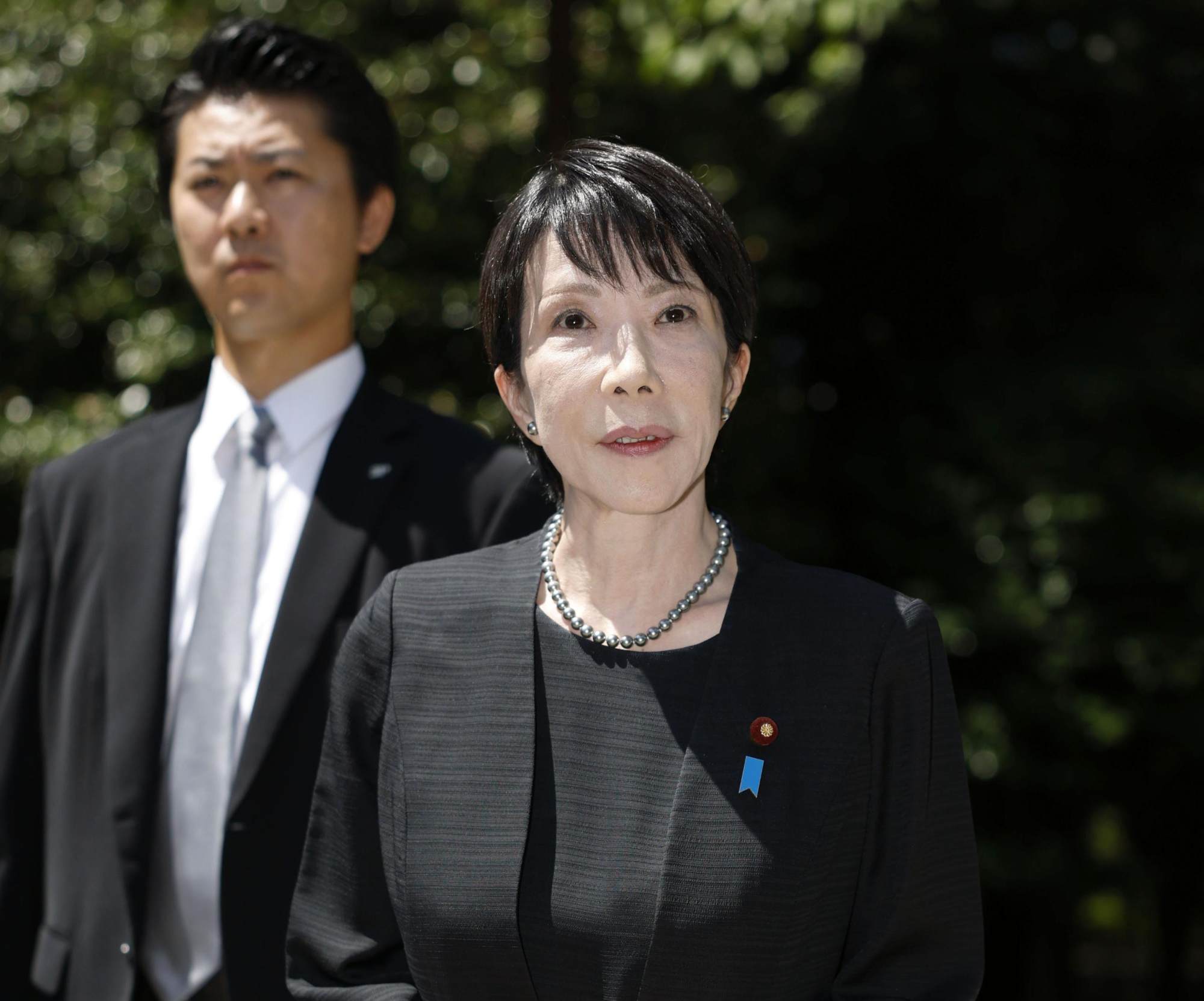Ishiba's Fragile Grip: Japan's Power Struggle Amid LDP Pressure

Prime Minister Shigeru Ishiba Faces Intensifying Pressure to Step Down
Japanese Prime Minister Shigeru Ishiba is navigating a politically precarious situation, with growing pressure from within the ruling Liberal Democratic Party (LDP) to resign. Analysts suggest that the current political landscape is increasingly unstable, and the recent release of an internal LDP report on its performance in the July Upper House election has only added to the tension.
The LDP suffered a significant setback in the July election, losing 18 seats and falling short of a parliamentary majority even with its long-time ally Komeito. This marks the second national election loss for the party under Ishiba’s leadership and the third if the Tokyo Metropolitan Government election is included. Despite this, Ishiba has managed to maintain his position as prime minister by forming a minority government.
The internal report highlighted several critical issues, including the party's failure to address scandals involving money in politics and its inability to effectively communicate efforts to manage rising prices. In response, Ishiba expressed his apologies to fellow LDP members, acknowledging the regrettable outcome. However, he did not immediately announce his resignation, disappointing many who had hoped for a swift exit.
Professor Hiromi Murakami from Temple University’s Tokyo campus noted the confusion surrounding Ishiba’s decision to remain in office. She pointed out that while his support rates have shown some recovery, there are concerns about the potential shift toward far-right policies if Ishiba were to step down. The most likely challenger, Sanae Takaichi, is seen as a strong contender but has not yet been able to gain enough support to replace Ishiba.
Ishiba’s position has been bolstered by his lack of involvement in the scandals that have plagued the LDP in recent years. The party’s reputation was severely damaged by its association with the Unification Church, which came to light after the assassination of former Prime Minister Shinzo Abe in July 2022. Additionally, in 2023, it was revealed that numerous LDP members, including four cabinet ministers, had failed to report over 600 million yen in campaign donations, leading to the creation of illegal slush funds.
Murakami explained that Ishiba’s victory in the last LDP leadership election was due to his clean image and promises of transparency. However, the pressure on him has increased following demands from former Prime Minister Taro Aso for a snap election for the party leader. Aso has indicated that he will submit a request to the LDP’s election committee for such a vote before the next scheduled election in September 2027.
On Monday, the party will hold a vote among its 295 members and the heads of its 47 prefectural chapters to determine whether to proceed with a leadership election immediately. Ben Ascione, an assistant professor at Waseda University, noted that Aso’s dislike for Ishiba is well-known, and this could be a turning point. However, the success of Aso’s bid depends on his ability to coordinate with other conservative politicians within the party.
Ascione emphasized that Ishiba is leading a fragile political structure that relies on a delicate balance to remain stable. The loss of two national elections has left him with a minority in both houses of parliament, and he faces significant pressure from the right-wing faction of the LDP. At the same time, centrists within the party are concerned about the potential rise of nationalist elements if Ishiba is replaced.
As a result, it remains uncertain whether Ishiba will continue as party leader or be replaced by a more conservative figure. Ascione suggested that the situation could lead to gridlock in the Diet and limited policy progress as long as the current instability persists.

Comments
Post a Comment